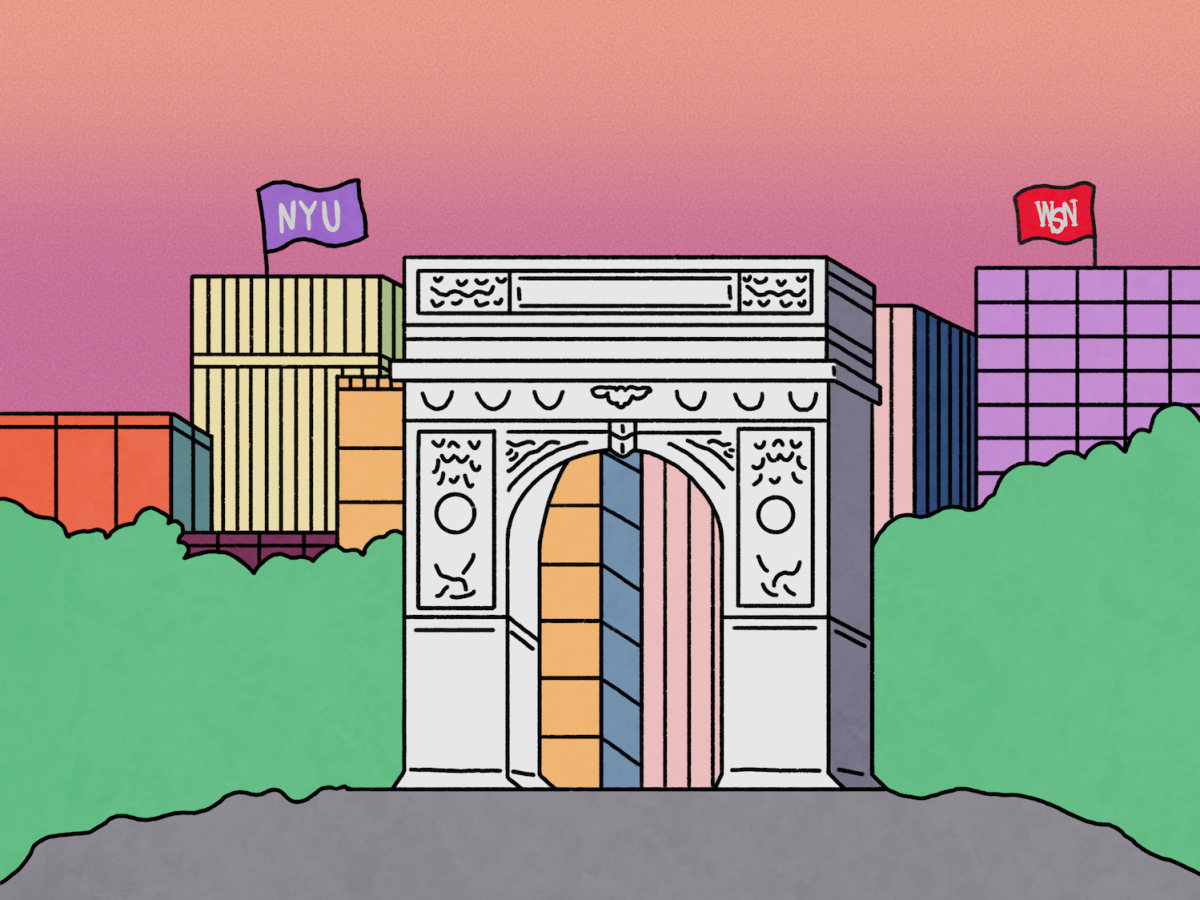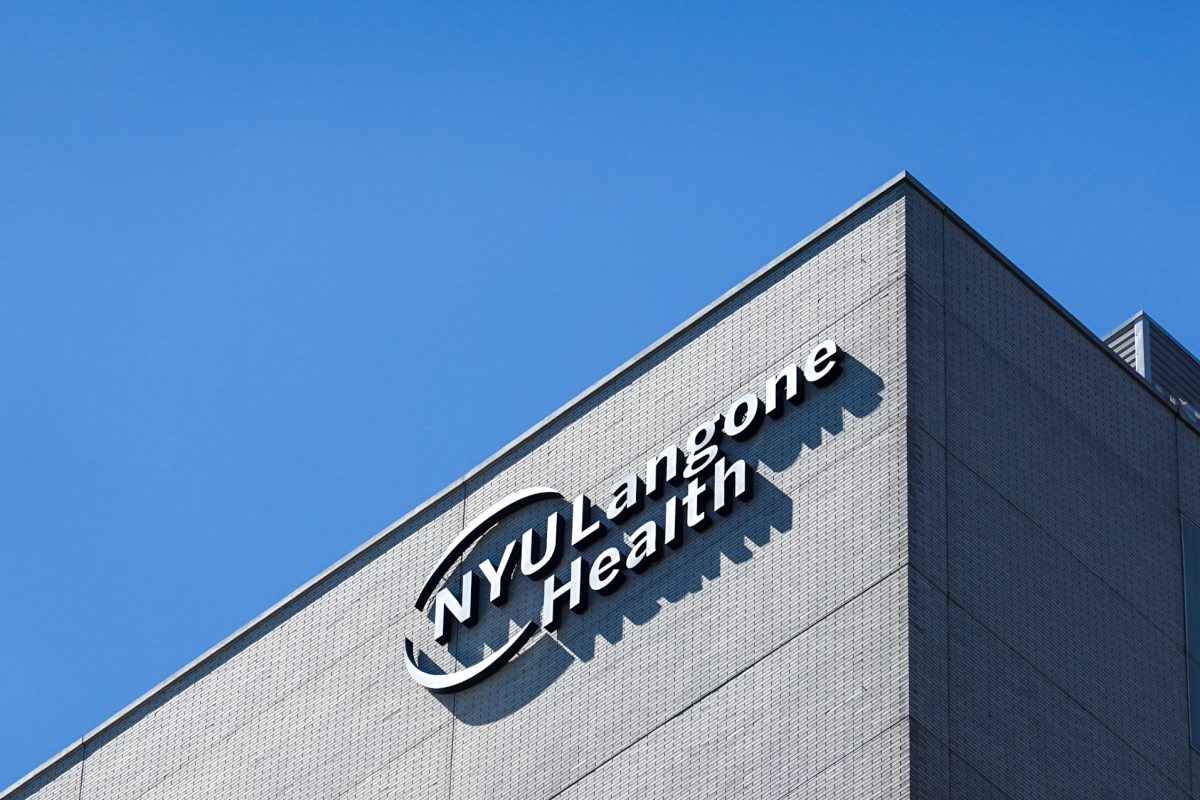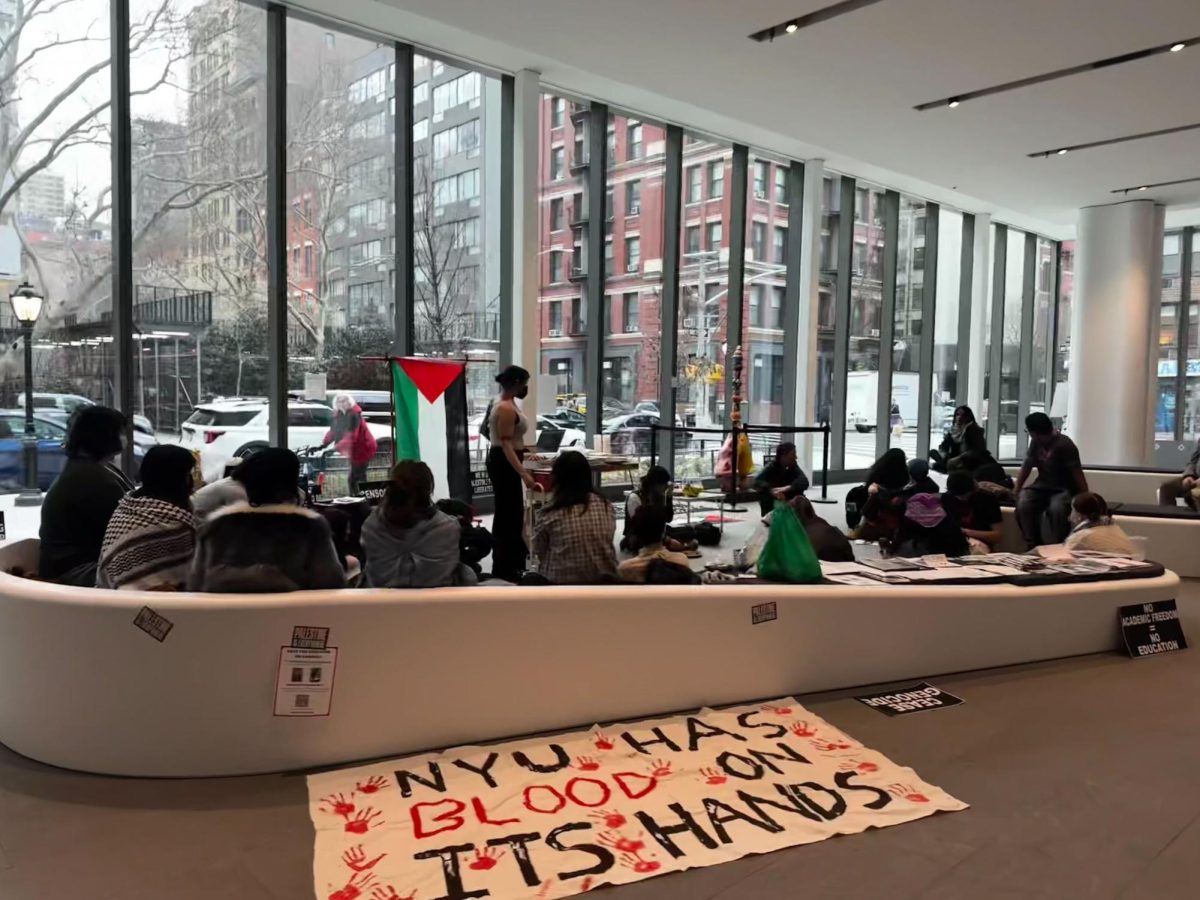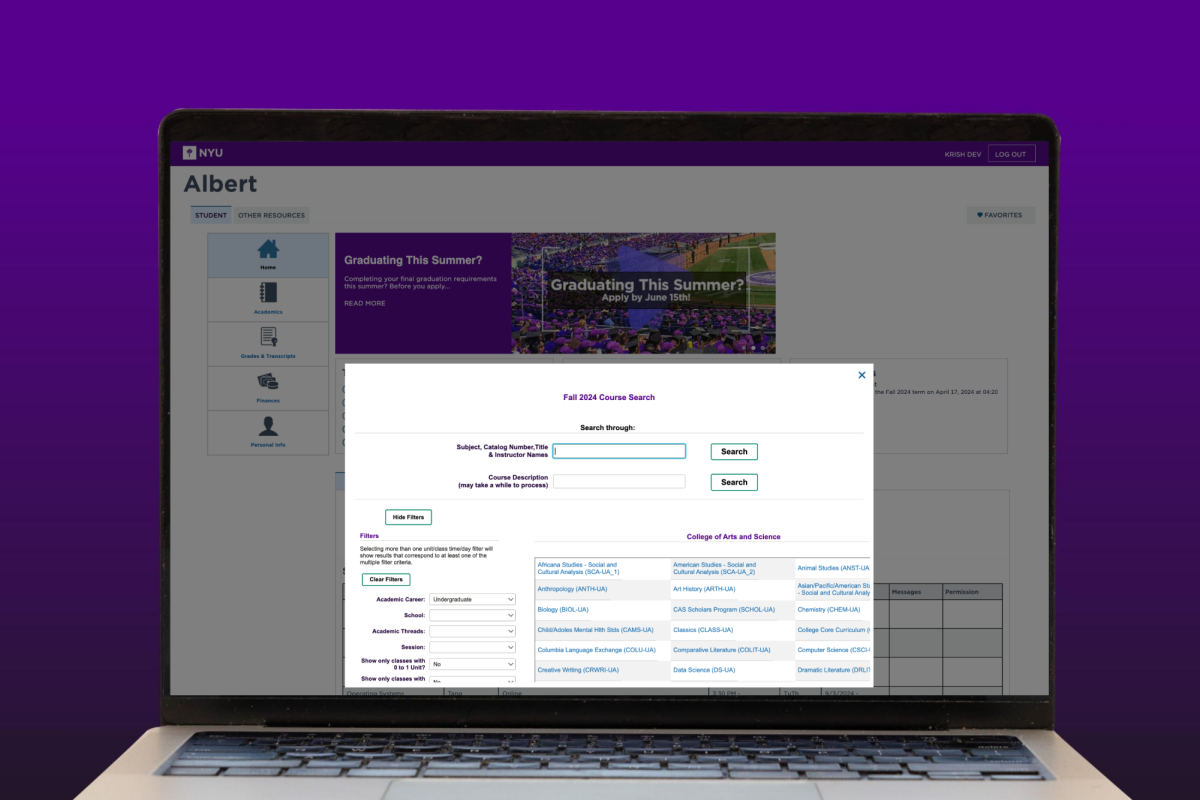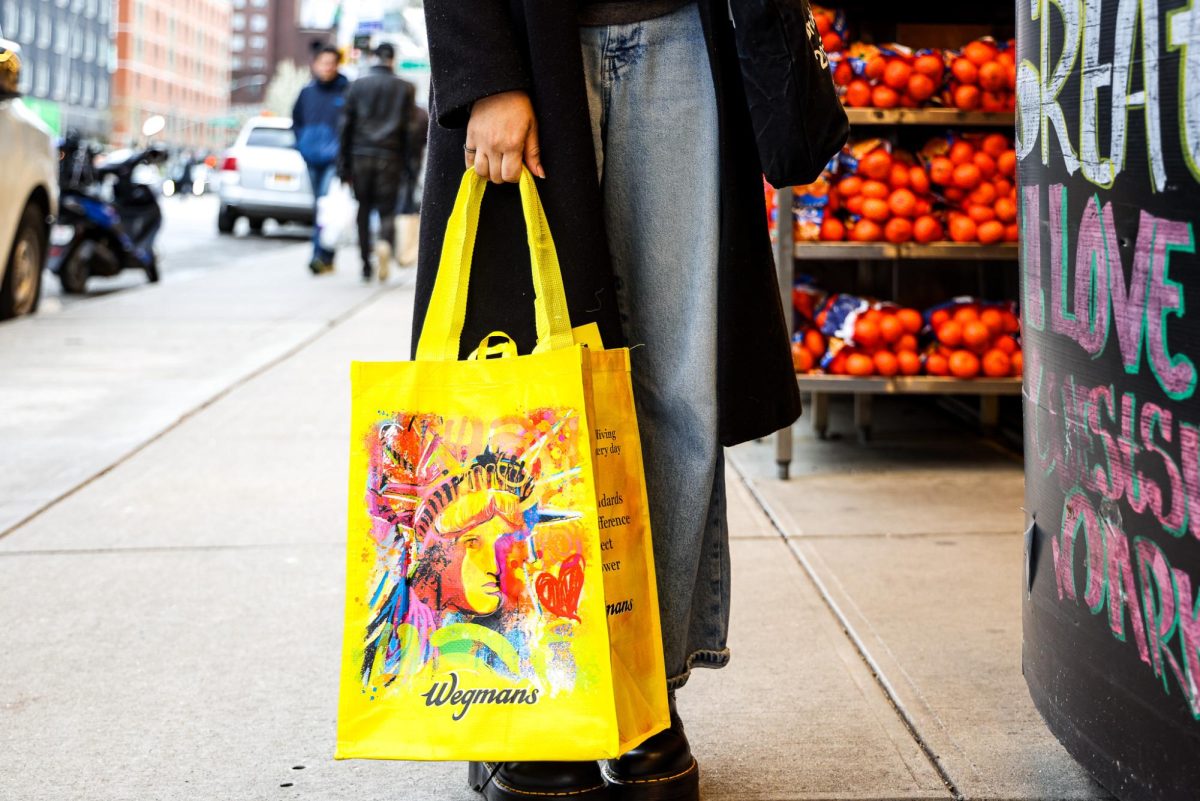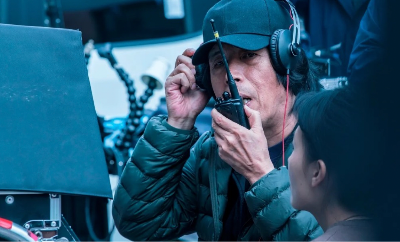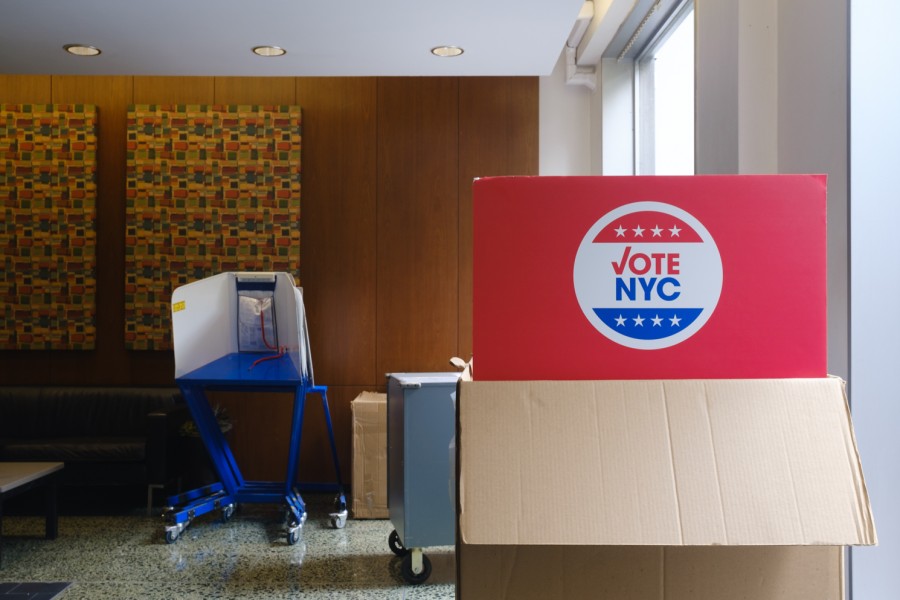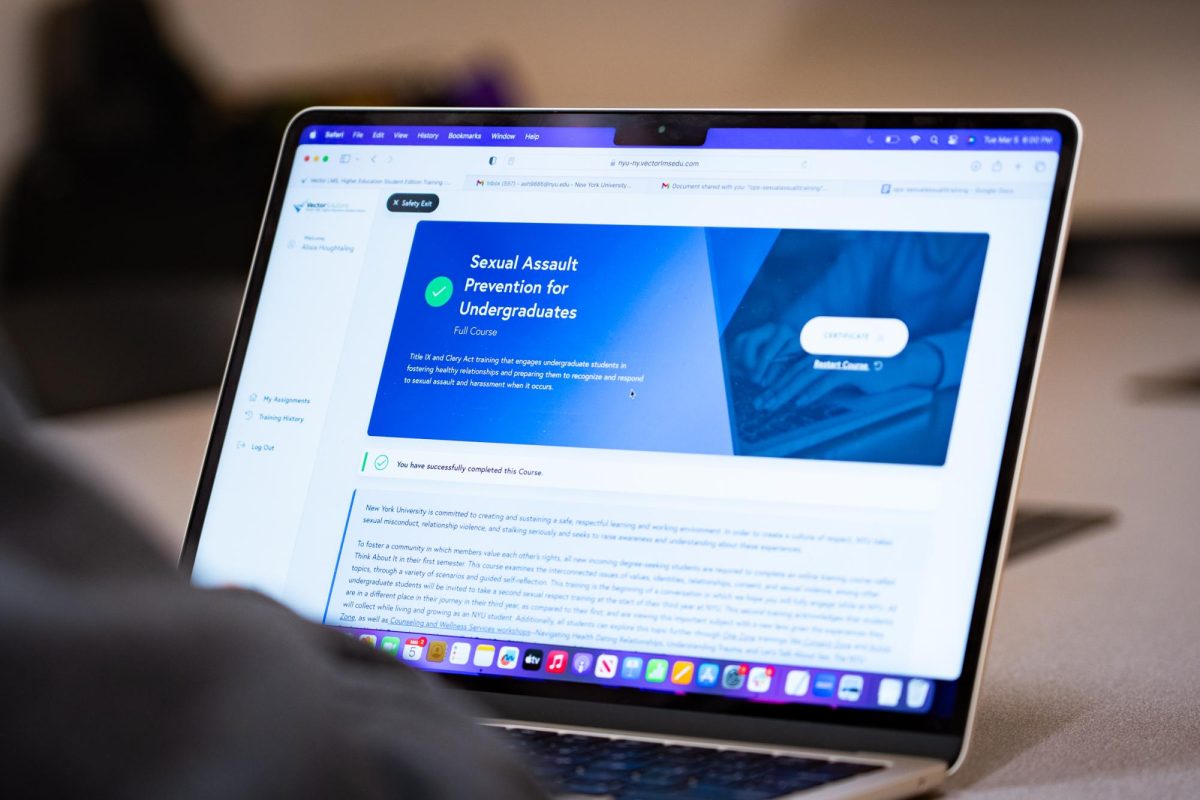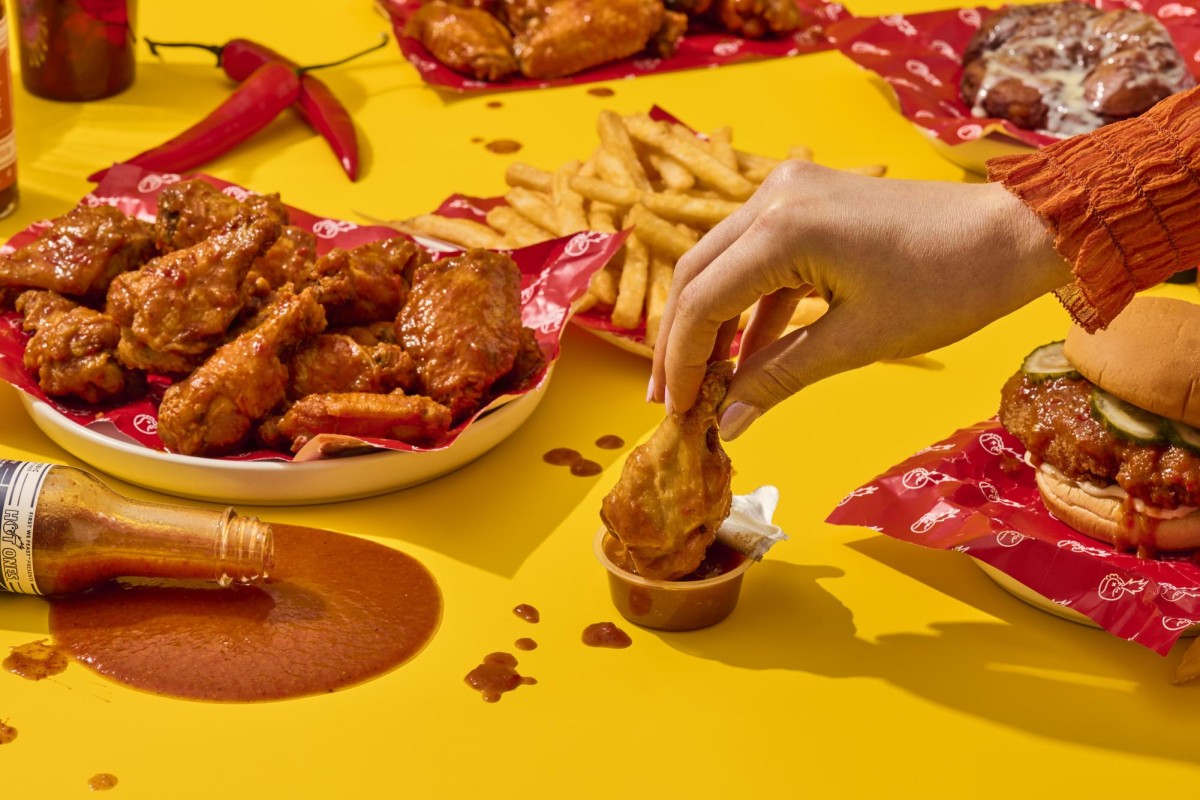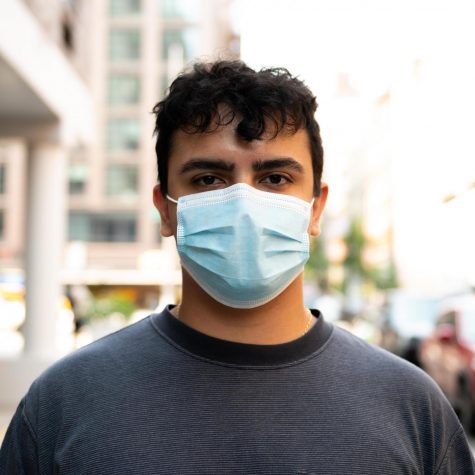The Soapbox: Kabul, Hurricane Ida, Nabisco strike
The Soapbox is a weekly column by WSN’s news desk, examining the major developments in world news and rounding up the stories we think are worth the read this week. Global consciousness for a global university.
The Soapbox is a weekly news column rounding up stories worth reading for a global university. (Staff Illustration by Susan Behrends Valenzuela)
August 30, 2021
In Kabul, a deadly suicide attack heightens the chaos of the U.S.-led airlift
Amid the urgent airlift of foreign citizens and refugees from Afghanistan, warnings circulated that the Islamic State-Khorasan Province, or IS-KP, would attack the Hamid Karzai International Airport in Kabul. The IS-KP is an Islamic State affiliate operating in central and south Asia, in a region it calls Khorasan.
Afghan civilians have crowded outside the airport’s fortified walls for almost two weeks, trying to make it past checkpoints armed by Taliban forces and into the largely U.S.-controlled airport where they hope to board flights out of the country. The Biden administration warned as early as Aug. 17 that there was evidence of a plan to attack the perimeter of the airport.
On Thursday, Aug. 26, those predictions came true.
A suicide attacker bombed crowds packed near the airport’s Abbey Gate, reportedly killing at least 169 Afghan civilians and 13 members of the U.S. armed forces. A Taliban official initially told Reuters that 28 of the group’s fighters were also among the dead, but a spokesperson for the group later denied that any Taliban had been killed in the attack.
IS-KP claimed responsibility for the attack via the Islamic State’s Arabic-language propaganda outlet, Amaq News Agency. IS-KP, a sworn enemy of both the U.S.-led coalition in Afghanistan and the Taliban, has become known for brutal bombing attacks on civilian crowds in Kabul and other Afghan cities.
By attacking the perimeter of the airport, IS-KP can eliminate enemy fighters, weaken security in the Taliban-held capital and sow terror among civilians. White House Press Secretary Jen Psaki said on Aug. 27 that U.S. officials believe “another terror attack in Kabul is likely” and “the next few days of this mission will be the most dangerous period to date.”
In statements reminiscent of those issued by President Bush nearly two decades ago at the beginning of the U.S.-led war in Afghanistan, the White House threatened Friday, Aug. 27, to “hunt down, go after, and kill the terrorists who are responsible” for the attack. Late Friday evening, the first reports emerged of U.S. drone strikes targeting an IS-KP attack strategist in the eastern province of Nangarhar. CNN reported on Aug. 29 that nine members of a single family were killed in a U.S. drone strike in a residential area of Kabul.
In the Gulf of Mexico, a hurricane strikes New Orleans on the 16th anniversary of Katrina
Hurricane Ida made landfall in Louisiana on Aug. 29, exactly 16 years to the day after Hurricane Katrina made landfall in the state. The hurricane previously passed through western Cuba and the Gulf of Mexico and was labeled as a Category 4 hurricane when it struck the United States. Isolated regions experienced up to 20 inches of rain over a 20-hour period, and the hurricane unexpectedly reversed the flow of the Mississippi River.
On Friday, New Orleans’ emergency management office ordered a mandatory evacuation of low-lying neighborhoods outside the levees that protect against flooding and a voluntary evacuation for the rest of the city. In Louisiana, around 400,000 individuals have been left without power, according to an independent tracking website.
“The storm is a life-threatening storm,” President Joe Biden said. “Its devastation is likely to be immense.”
In five U.S. states, Nabisco workers are on strike
Since VICE first reported on Aug. 17 that employees at Nabisco manufacturing plants in Oregon, Colorado and Virginia had gone on strike, workers in two more states — Illinois and Georgia — have joined the effort.
The unionized workers, who bake and package popular snack foods such as Oreo cookies and Ritz crackers, are protesting cuts to overtime pay proposed by Nabisco and its owner Mondelēz International, as well as proposed changes to healthcare benefits despite the worsening effects of the delta variant. Workers are also calling for a boycott of snacks made in Mexico in order to “protect American jobs” as well as workers in poorly regulated low-wage workplaces.
“The main thing we’re trying to get is a fair contract,” Nathan Williams, a longtime Nabisco employee striking in Richmond, Va., told VICE. “During the pandemic, we came in seven days a week. Some people worked every day — 16 hours a day — for three months.”
Actor Danny DeVito and Sen. Bernie Sanders (I-Vt.) both tweeted in support of the strike.
“If Nabisco can rake in billions of dollars in corporate profits, they can afford to treat their workers with dignity and respect,” Sanders wrote.
A version of this article appears in the Monday, August 30, 2021, e-print edition. Contact Suhail Gharaibeh at [email protected].




